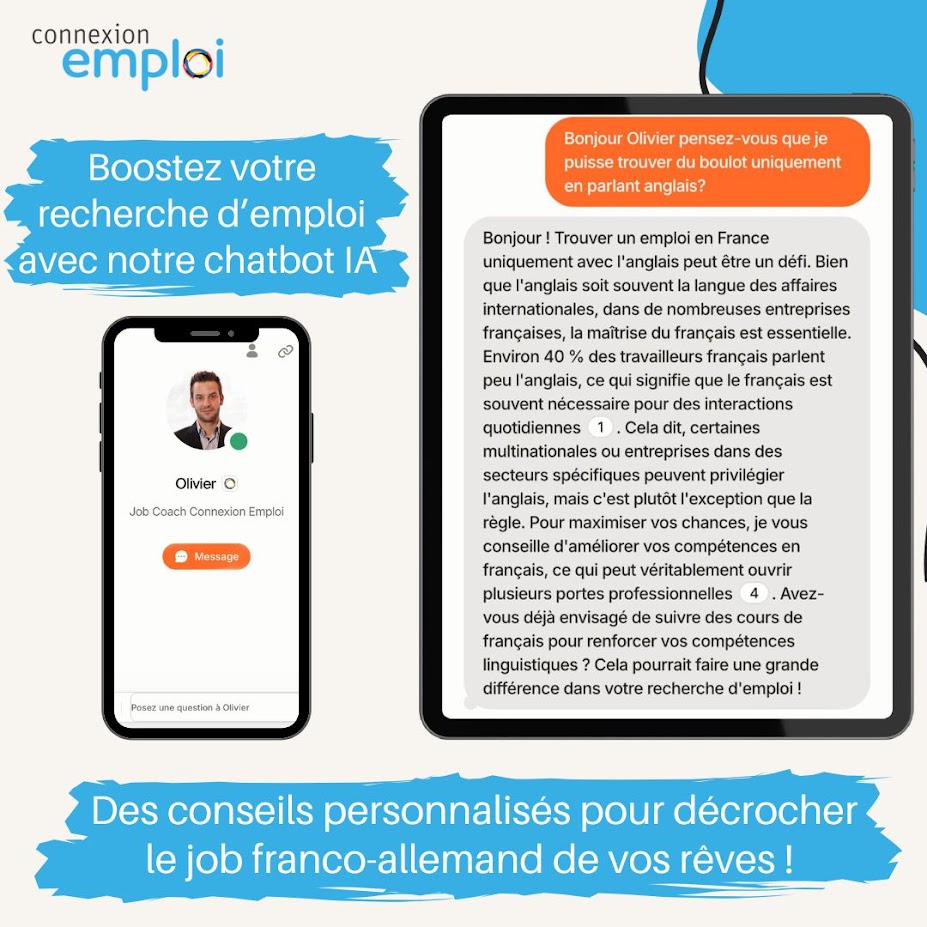Talent poaching in Germany: What you need to know before hiring from the competition

In the current context of candidate shortage, poaching employees has become very common. In general, hiring away an employee from a competitor is allowed in Germany, but in some cases it can be considered unethical and damage your reputation. How far can an employer go to fill positions? What risks does an employer face if illegally hiring? What are the rules to be respected by foreign companies wishing to directly hire off an employee from their German competitors? Let's look at the precautions a company ought to take.
2. Principles and regulations: what's reprehensible?
3. Recruiting at other companies: what's allowed?
4. Poaching on the premises
5. Employee poaching by colleagues
6. Illegal talent poaching: damages and interest fees

 We interviewed Jérôme Lecot, CEO at Eurojob-Consulting, the french-german recruiting firm.
We interviewed Jérôme Lecot, CEO at Eurojob-Consulting, the french-german recruiting firm.
"Poaching", legally speaking, refers to "any attempt to influence employees with the clear purpose of persuading them to change employers".
Theoretically, the employee is of course free to decide where they wish to work. Employees can change employers at any time, provided they comply with the rules on dismissal. Thus, headhunters will often try to hire people who are already employed. Contrary to literal poaching (as opposed to legal hunting), in HR contexts, the "poaching" of employees is part of the market economy and therefore cannot be prevented.
However, in Germany, this is only permitted if it does not violate the law against unfair competition (Gesetz gegen den unlauteren Wettbewerb (UWG)). In France, the regulations may seem somewhat more ambiguous, but it will still come down to fair practice. Here’s what you need to bear in mind.
In Germany, the poaching of employees from competitors is not permitted if it constitutes an intentional harm to third-party companies. The employer must respect certain principles when poaching employees. Roughly the same approaches will be treated as indicators of reprehensible poaching by the French justice system as well. These principles prohibit the following lines of conduct:
Poaching employees in a planned manner in order to weaken the competitor's ability to perform or to obtain corporate secrets (France and Germany), or making negative allegations on the newly hired employee’s former employer (France)
Attracting candidates by providing misleading information or making negative allegations about their current employer
Inducing workers to break their contracts (as opposed to terminating it according to protocol), even if it is an act that should lead the employer to immediate dismissal (for example, accepting a penalty for breach of contract)
Regarding the last point, it is often forgotten how important precise formulations are for clauses of a contract to be valid and defendable. In France, the non-competition clause must meet several conditions if it is to be considered before a court of law:
It must be limited in time and space
Take into account the conditions of employment
Be essential to the protection of the company’s interests
Include a financial consideration
Additionally, the majority of legal cases we've looked at show that officials will heavily rely on the quantities of candidates poached. For example, if an entire sales or engineering team is hired off at the same time, or reaches consequential numbers across departments, this will be treated as an indicator of disloyal poaching.

It is, of course, permissible for an employer to offer his future employee better working conditions or a higher salary than that of his former employer and thus induce him to terminate his contract properly.
However, this approach also presents a risk: the candidate might immediately report to his employer that they have been approached, thus revealing the company's intentions on the market. Therefore, this method requires solid preparation. Specific companies may have to be excluded to avoid damaging counter-maneuvers.
Even if the dismissed employee is active with his new employer before the end of his notice period, this should not necessarily be regarded as aggressive competitive behavior on the part of the employer. The employer may accept this benefit as long as it has not actively induced the new employee to terminate the contract.
The former employee who committed the breach of contract, however, may be sued by the former employer. If this were to happen, it could have negative consequences for the employee's onboarding experience and performance, so make sure your hires are aware of the factors at play.
In principle, it is permissible to poach employees outside of their place of work. But what about poaching at the workplace? In Germany and France, contact at the workplace, either on site or by telephone, is only permitted within very strict limits.
Thus, the potential employee may be called to the workplace by a recruitment consultant for an initial contact. However, the employee may only be asked briefly about his or her interest in a new position and the position may be briefly described to him or her. Anything beyond this can be considered anti-competitive behavior, as it disrupts the functioning of the business.
Headhunters must also clearly identify themselves as such, and refrain from harassing employees if they are not interested.

Employee who leave their employer for a new employer are acting in an anti-competitive manner if they hire out colleagues.
As long as the employment contract is in force and even when they are on leave, the loyalty obligations in the employment contract (arbeitsvertragliche Treuepflichten / obligations de loyauté du salarié) prohibit them from actively inciting others to leave with them. The different aspects and details of the prohibition of competitive activity during the term of employment are stated in the Wettbewerbsverbot und Konkurrenzklausel / clause de non-concurrence.
When an employee's hiring was anti-competitive, it can have disabling consequences for the employer.
On the one hand, the employer may have to pay damages: the competing company may claim compensation. Of course, plaintiffs will have to prove that their competitor had ill-intent in the manners cited here-above, and that the disorganization or devaluation they suffered was a direct consequence of the poaching, and not of other factors.
It is also possible to act through an action for injunctive relief (Unterlassungsklage / procédure d'injonction). The aggrieved employer may also require the new employer to refrain from employing the unlawfully dismissed employee, at least for the duration of the statutory notice period. Case law sets high standards in this respect.
As stated in the law against unfair competition (Gesetz gegen den unlauteren Wettbewerb), the attempt to hire employees is a commercial act and not an anti-competitive hindrance, according to a decision of the Higher Regional Court of Cologne (jugement du 3 septembre 2021, Az : 6 U 81/21). Even agreements between contractors deciding not to poach the contracting partner's workforce are difficult to enforce because of article 75f du Code du commerce (HGB).
However, alleged unfair intentions and methods will be taken into account. This provision is intended to prevent employers from circumventing the requirement to pay a deficiency for post-contractual non-competition clauses.



 Fr
Fr De
De En
En











